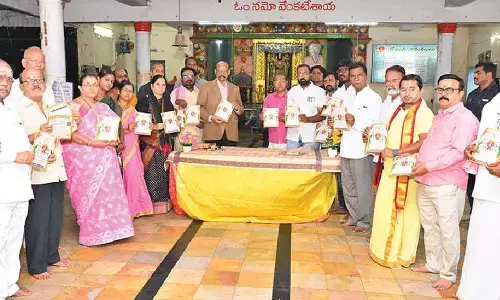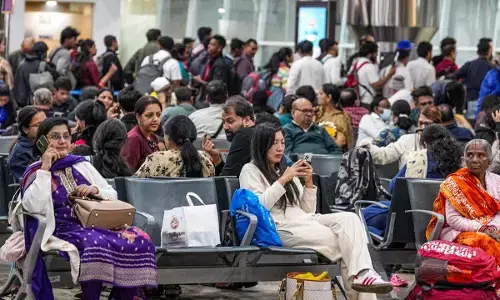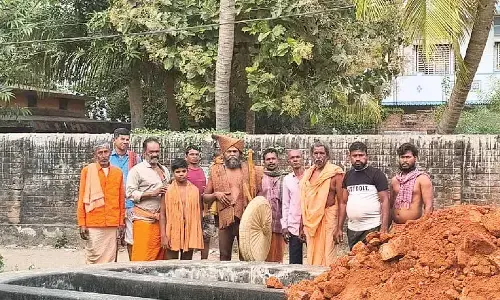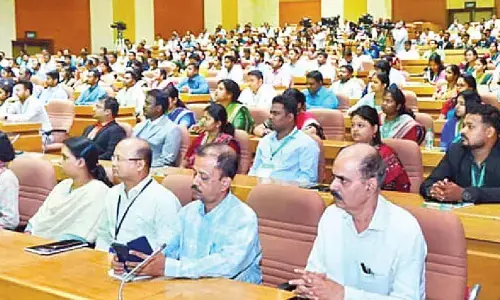World Blood Donor Day: Rare Blood Types in India and The Importance of Blood Donation
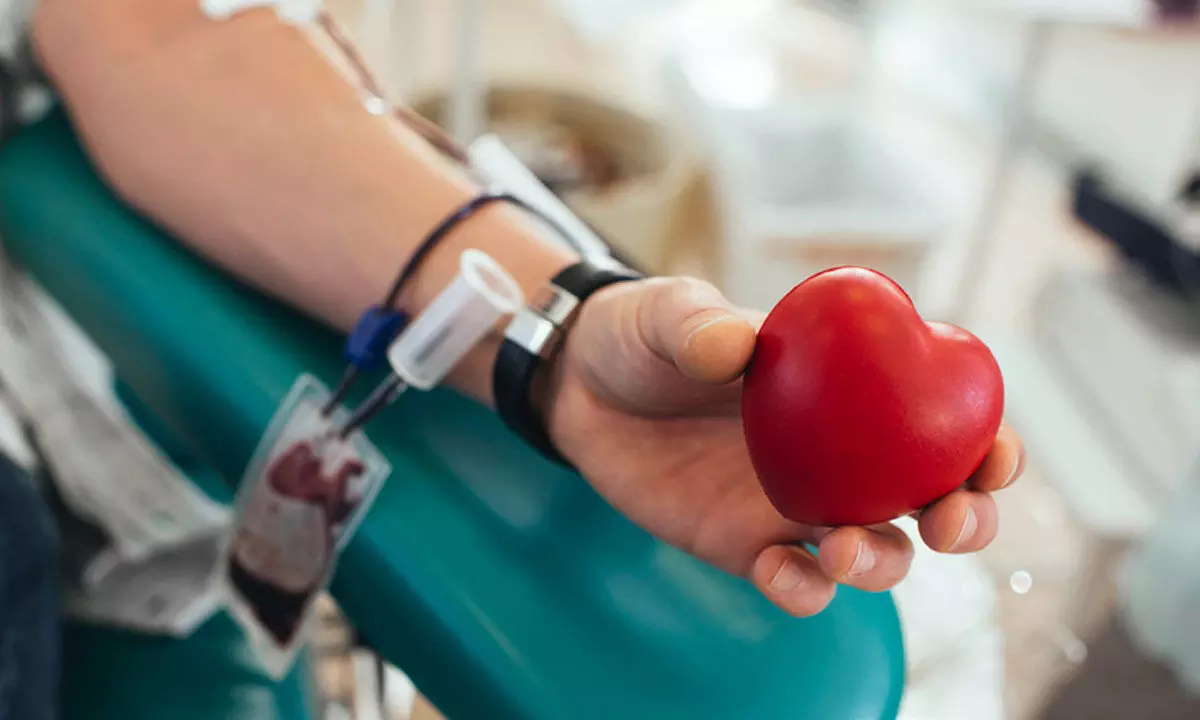
Blood type prevalence varies across populations and geographic regions.
Blood type prevalence varies across populations and geographic regions. While many people are familiar with the basic blood types (A, B, AB, and O), rare blood types pose unique challenges in maintaining an adequate blood supply for those in need. Understanding these rare blood types and encouraging regular blood donation can save lives and ensure the availability of diverse blood types when emergencies arise. Dr Shailesh Shetty S, Consultant, Emergency Medicine, Aster CMI Hospital, says, “Blood type O is the most common [63% world’s population] throughout the world. Rh+ blood is much more common than Rh- blood. A person can only give blood to someone with compatible blood antigens. People with Rh- blood can give blood to both Rh- and Rh+ recipients. However, those with Rh+ blood cannot give to Rh- recipients. AB negative is the rarest of the eight main blood types - just 1% of our donors have it.”
Despite being rare, demand for AB-negative blood is low and we don’t struggle to find donors with AB-negative blood. However, some blood types are both rare and in demand. This includes the Ro subtype, which is often used to treat people with sickle cell, only 2% of donors have it but demand for it is increasing by 10-15% each year.
The combination of being rare and sought after makes people with these blood types very important donors. O Negative is a universal donor, which means that a person with this blood type can donate to anyone. Rare blood is on the basis of the blood group and the below-given characteristics:
· One that is found in a frequency of 1: 1000 random samples in a given population.
· From a blood transfusion point of view, rare blood is the one with red cells lacking a high-frequency blood group antigen.
· Besides, blood that lacks multiple common antigens may also be considered rare since such donor's blood may be useful for the transfusion recipient who has developed multiple antibodies to the corresponding antigen.
The following are rare blood types we have encountered over a period in India:
· “Bombay” (Oh) phenotype
· D -/- D -
· In(a+b-)
· Co(a-b-)
· A host of weaker variants of A, B and H antigens
· I-i-
· CdE/CdE (ryry)
· Mg
Importance of Blood Donation
Saving Lives: Regular blood donations are crucial for saving lives in emergencies, medical procedures, and surgeries. By donating blood, you can contribute directly to someone's recovery and possibly even save their life.
Meeting Diverse Needs: Blood donations from individuals with rare blood types are particularly vital. Rare blood types are often needed for patients with specific medical conditions, such as sickle cell disease or certain types of cancer. By donating blood, you increase the chances of finding a match for those who require rare blood transfusions.
Ensuring Blood Supply: Blood banks strive to maintain a sufficient supply of all blood types, including rare ones. By donating blood regularly, you can help prevent shortages and ensure that hospitals and healthcare facilities have an adequate supply of diverse blood types for those in need.
Health Benefits for Donors: Blood donation is not only beneficial for recipients but also for donors. Regular blood donation can help reduce the risk of certain health conditions, such as iron overload, which can lead to serious complications.







